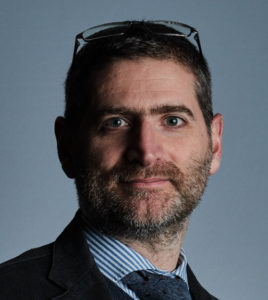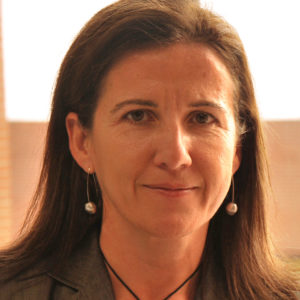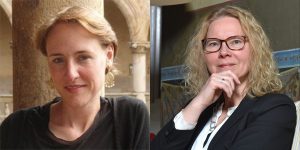The Place of Religion in the Public Sphere: Speaking the Unspeakable
 Andrea Pin is Associate Professor of Comparative Public Law, University of Padua,and Senior Fellow at the Center for the Study of Law & Religion Emory University
Andrea Pin is Associate Professor of Comparative Public Law, University of Padua,and Senior Fellow at the Center for the Study of Law & Religion Emory University
[S]ecular societies …, when confronted by the tragedies related to the mortal condition of human life, open public spaces for religious celebrations and the symbolic expression of truths. In the face of disasters that wound the civil community, the steadfastness of religious resistance to the nihilism of death appears to all as a fortress protecting the irreplaceable nature of humanity. Those affected in families and communities where justice seems inaccessible and human resources impotent do not lose hope. It is a hope that can only be assured by the justice and the love of the Creator. In such cases, the theme of man’s final destiny becomes also a public question.
Above is an excerpt from paragraph 47 of Religious Freedom for the Good of All – Theological Approaches and Contemporary Challenges, a document issued by the International Theological Commission of the Catholic Church in April 2019. It gets as close to prophesy as anything can.


